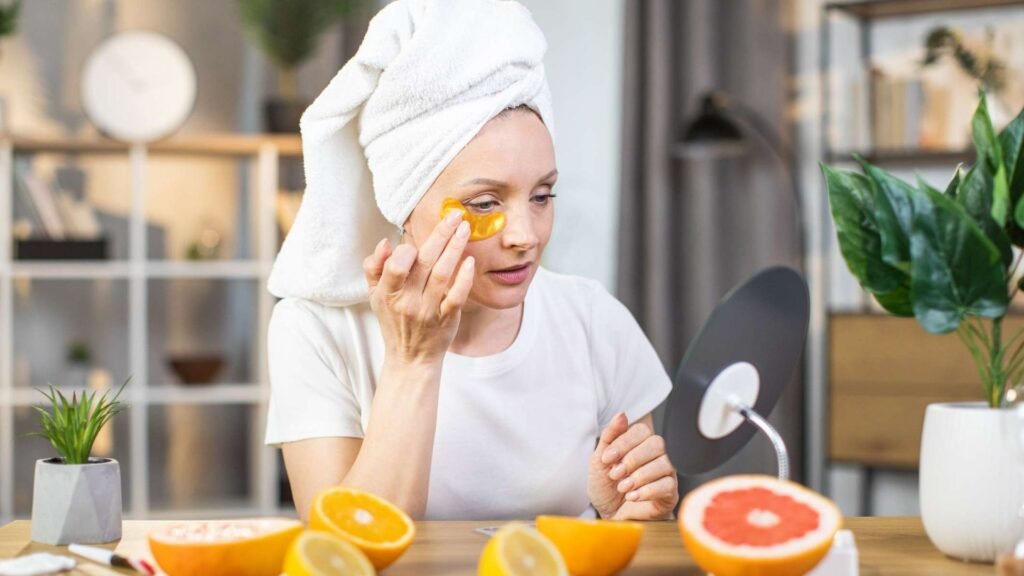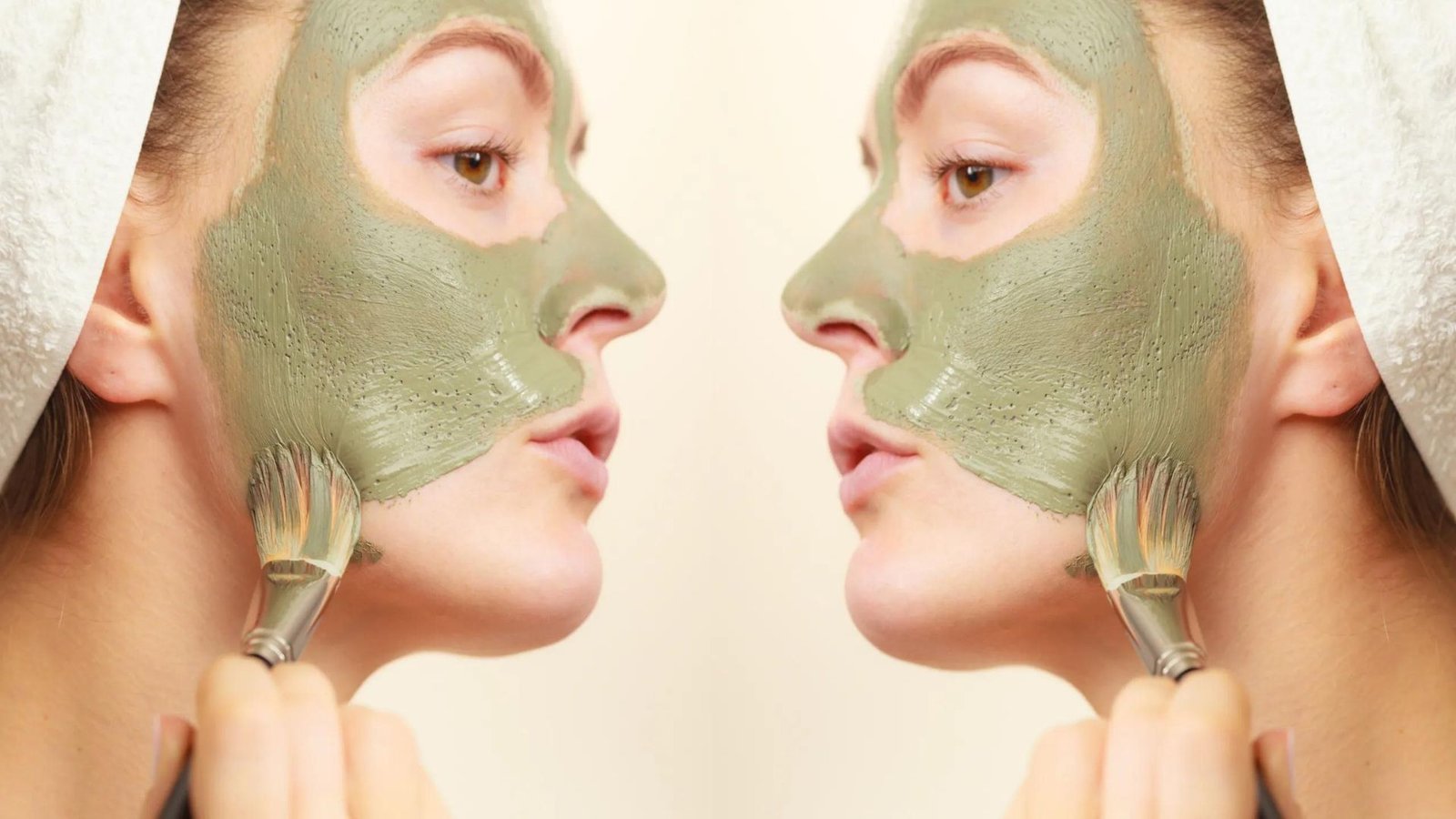Achieving glowing, healthy skin involves more than just a good skincare routine. Your diet plays a significant role in determining the condition of your skin. Consuming the right nutrients can help improve your complexion, fight off blemishes, and promote a radiant glow. Here’s how diet impacts skin health and which foods you should include in your daily meals for optimal results.

The Connection Between Diet and Skin Health
Nutritional Influence on Skin
The food you eat affects your skin’s health and appearance in various ways. Nutrients from your diet can influence skin hydration, elasticity, and overall radiance. Vitamins, minerals, and antioxidants play crucial roles in maintaining healthy skin and combating damage from environmental factors like UV rays and pollution.
The Role of Hydration
Staying well-hydrated is fundamental for healthy skin. Water helps maintain skin moisture, supports elasticity, and aids in the removal of toxins. Proper hydration can prevent dryness and flakiness, giving your skin a more supple and glowing appearance. Aim to drink at least eight glasses of water daily and include hydrating foods like cucumbers and watermelon in your diet.
Key Nutrients for Glowing Skin
Vitamin C
Vitamin C is a powerful antioxidant that helps protect your skin from damage caused by free radicals. It also supports collagen production, which is essential for maintaining skin elasticity and reducing wrinkles. Include foods rich in vitamin C, such as oranges, strawberries, kiwi, and bell peppers, to enhance your skin’s radiance.
Vitamin E
Vitamin E is another important antioxidant that helps protect your skin from oxidative stress and damage. It aids in maintaining skin moisture and can help reduce the appearance of scars and wrinkles. Incorporate vitamin E-rich foods like nuts, seeds, avocados, and spinach into your diet for glowing skin.
Omega-3 Fatty Acids
Omega-3 fatty acids help maintain the skin’s lipid barrier, which is crucial for keeping your skin hydrated and preventing dryness. These healthy fats also have anti-inflammatory properties that can help reduce redness and puffiness. Add sources of omega-3s to your diet, such as fatty fish (like salmon and mackerel), flaxseeds, and walnuts.
Antioxidants
Antioxidants help combat free radical damage, which can lead to premature aging and skin issues. Foods rich in antioxidants, such as berries, green tea, and dark chocolate, can help protect your skin and promote a youthful glow. Incorporating a variety of colorful fruits and vegetables into your diet ensures a good mix of antioxidants.
Zinc
Zinc plays a crucial role in skin health by supporting the repair and regeneration of skin cells. It also helps control oil production and can reduce the severity of acne. Include zinc-rich foods like pumpkin seeds, lentils, and shellfish in your diet to support clear, healthy skin.
Foods to Eat for Glowing Skin
Leafy Greens
Leafy greens, such as spinach and kale, are packed with vitamins A and C, antioxidants, and fiber. These nutrients help support skin health by promoting cell turnover, reducing inflammation, and protecting against damage.
Fruits and Vegetables
Fruits and vegetables are rich in essential vitamins and antioxidants that contribute to healthy, glowing skin. Aim for a variety of colorful produce, including berries, tomatoes, carrots, and sweet potatoes, to provide your skin with a range of beneficial nutrients.
Nuts and Seeds
Nuts and seeds are excellent sources of healthy fats, vitamin E, and antioxidants. Incorporating almonds, chia seeds, and flaxseeds into your diet can help keep your skin hydrated, reduce inflammation, and support overall skin health.
Fatty Fish
Fatty fish like salmon and mackerel provide omega-3 fatty acids that help maintain skin hydration and reduce inflammation. Regular consumption of fatty fish can enhance skin elasticity and contribute to a radiant complexion.
Green Tea
Green tea is rich in antioxidants called catechins, which help protect your skin from damage and improve hydration. Drinking green tea regularly can help reduce the risk of skin issues and promote a healthy glow.
Foods to Avoid for Optimal Skin Health
Sugary Foods
High sugar intake can lead to glycation, a process that damages collagen and elastin, causing premature aging of the skin. Reduce your consumption of sugary snacks, desserts, and sugary beverages to maintain healthy, youthful skin.
Processed Foods
Processed foods often contain unhealthy fats, excessive salt, and artificial additives that can negatively impact skin health. Opt for whole, unprocessed foods to ensure your skin receives the essential nutrients it needs.
Excessive Caffeine
While moderate caffeine consumption is generally fine, excessive caffeine intake can lead to dehydration and affect skin appearance. Limit your intake of caffeinated beverages and balance them with plenty of water and hydrating foods.
Conclusion
A balanced diet rich in essential nutrients, antioxidants, and healthy fats plays a vital role in achieving glowing skin. By incorporating foods high in vitamins, minerals, and hydration into your daily meals, you can enhance your skin’s health and appearance. Combine a nutritious diet with proper skincare and hydration to maintain a radiant and healthy complexion.




